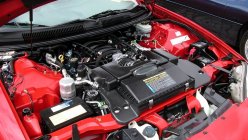While some car owners are able to replace their stereo units from the ground up in one go, there are also those who are low on budget. Some people usually cut costs on upgrading their in-car sound system one-by-one.
Since in-car sound systems are composed of different replaceable parts, upgrading them slowly is easy. Not only that, but you can also easily observe the improvement with each part that you choose to upgrade.
![]()
In-car sound systems are composed of different replaceable parts, upgrading them slowly is easy
One of the first parts that most vehicle owners choose to upgrade is the speakers. This is actually a good choice since the speakers are one of the biggest contributors to your speaker’s sound quality. This will, of course, depend on a few other factors.
For example, the cost of your replacement speaker may affect its quality. The manufacturing quality and proper installation may also contribute to this. But don’t think that an expensive, high-quality speaker will be indestructible. Like most in-car speakers, yours can also fail or “blow out”.
1. Speakers “blowing out”
When your car speakers fail, people use the term “blow out”. The symptoms usually show signs through a drastic reduction in sound quality. If your speaker blows out, you can easily observe the obvious change in sound quality. This event is commonly caused by a thermal or mechanical failure that prevents the speaker from working properly.
Mechanical failures in speakers usually happen when the speaker’s cone is moved further from where it was. Although this may happen in poorly-manufactured speakers, this doesn’t just happen in quality speakers.
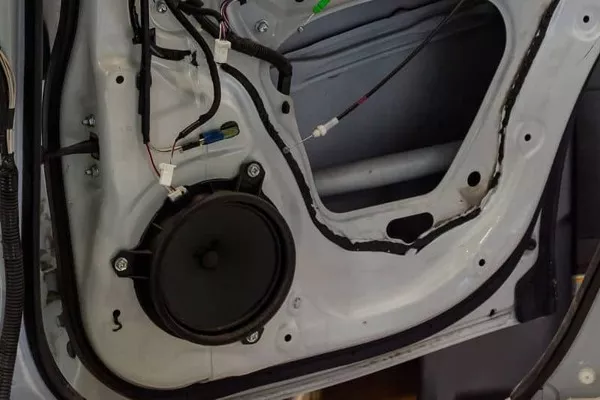
When your car speakers fail, people use the term “blow out”
>>> Do you know how loud should you play your music while driving?
Thermal failure, on the other hand, is a different story. This is what usually happens after the speaker receives too much power. The sensitive internal elements then melt or burn in reaction to this.
The usual reason why speakers blow out is due to the carelessness of the owner or an accident. A sample scenario is turning the volume high and leaving it this way for a long time. But this can also be caused by natural causes such as old age.
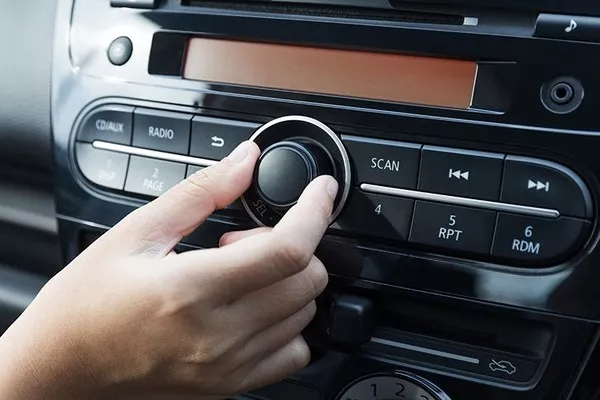
The most common reason why speakers blow out is turning the volume high and leaving it this way for a long time
2. The hows and whys of speakers blowing out
When the term “blown out” is used along with car speakers, this basically pertains to one of the two probable events. It’s either the car speaker sounds hardly tolerable or it isn’t working at all. In cases where a car speaker is blown totally, you will barely hear sounds. In some cases, you will hear buzzing sounds instead of the music you wanted to play.
Your natural reaction once you assume that your speaker is blown is to replace them. But a piece of friendly advice from us is to check whether your speakers have really blown out before replacing them.
This is because there are lots of reasons for your speakers to fail. Replacing them immediately without checking the reason may cost you more in the end.
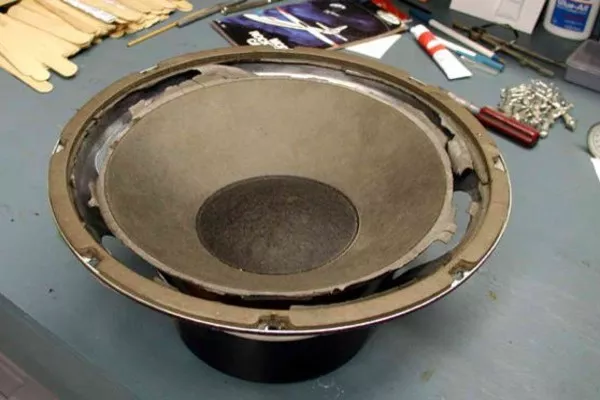
When the term “blown out” is used along with car speakers, this basically pertains to one of the two probable events
In cases where the speaker is blown but only caused partial damage, you will still hear sound from it. But this will be distorted which indicates that there is a problem. You can also get another hissing, crackling, static and other fuzzy sounds while you’re playing music.
>>> Check out:
- 5 ways you might not know when upgrading car audio system
- Customizing the car audio system: 7 tips for Filipino drivers
3. How can I tell that my cap speaker is blown out?
Car speakers usually fail because of the two problems we mentioned earlier. But most of the time, any damage is done to the speaker pushes it to the limit and damages it. The usual cause of spear blow-out is still by mechanical or thermal failure.
With that fact in mind, the best way you can save your speaker is to avoid turning up the volume excessively. If you’re looking for solid indicators that your car speaker has blown out, Philkotse.com prepared some of the most common:
If there is distorted sound with fuzziness and hissing
To know if your speakers are blown, set the volume to low or medium level. Then, play your chosen track and listen for any signs of distortion. Use an mp3 file or a CD track. If you use the FM radio, you may get confused with the normal static that comes with it. If there’s fuzziness or hissing that gets worse when it gets louder, try to determine which speaker is damaged.
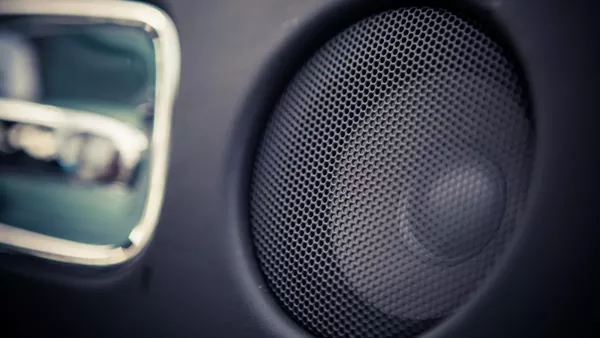
To know if your speakers are blown, set the volume to low or medium level
If there is rattling or popping sound rather than music
If there’s no music from the speakers at all, that is a major red flag. If you also happen to hear rattling or popping, this is a clear sign that your speakers are close to fully being blown.
If the bass, mid-tines or treble is missing are missing
A major drop in bass response is also a good indication that your speaker is blown out. To get a good response from your bass during testing, try tweaking the equalizer. If you still notice a major lack of treble, mid-tones or bass, new speakers may be what you need.
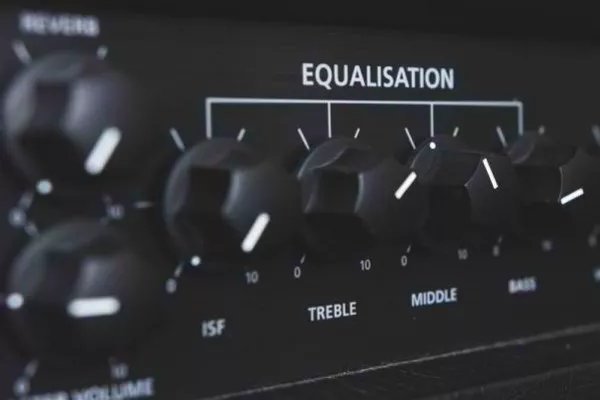
A major drop in bass response is also a good indication that your speaker is blown out
>>> FYI: What you need to know about car audio and amplifiers
If there are lesser vibrations coming from the speakers
If you remember the hay days of your car speaker, you will know the vibrations we’re talking about. Missing vibrations from your speaker can also indicate problems from other parts of the speaker. One possible cause is a defect in the wiring. If there’s no vibration at all, check the wire connections of your speaker. This could be damaged, broken or needs fixing immediately.
If the speakers have an impedance
You can check each speaker for signs of impedance. All you have to do is remove the grills and use a multimeter. Speakers with an impedance of four to eight ohms mean your speaker is in good condition. If it’s higher than that, your speakers are most likely blown out.
Recent posts
- The importance of car audio capacitors and 4 things you need to understand Aug 16, 2022
- A summarized guide to all of your car parts & functions Aug 18, 2023
- 9 aftermarket accessories & parts priced below PHP 50,000 Oct 20, 2020
- What you need to know about car audio and amplifiers Aug 16, 2022
- 5 must-know tips if you want to avoid buying fake car parts Aug 09, 2022


